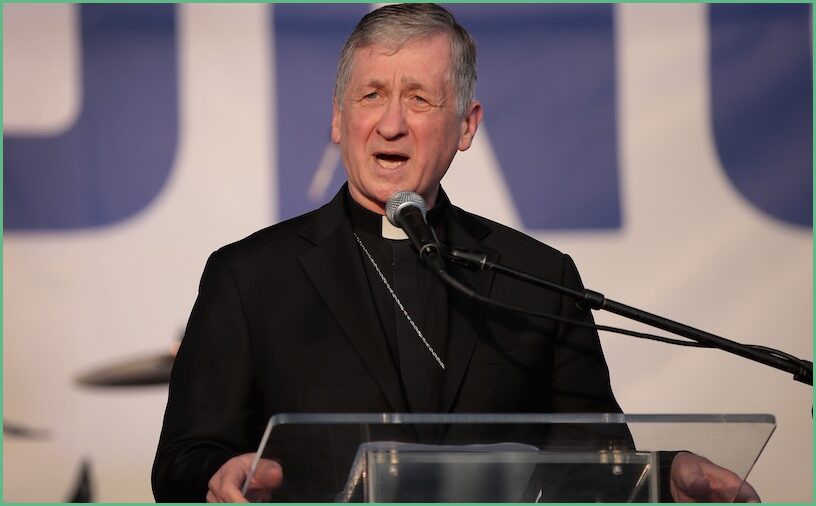This article covers the recent removal of Father Xamie Reyes from his parish amid allegations of sexual misconduct involving seminarians in the Archdiocese of Chicago, and places that development in the broader context of Cardinal Blase Cupich’s leadership and the cultural changes tied to LGBT issues within the archdiocese.
Parishioners learned that Father Xamie Reyes was removed after complaints surfaced alleging inappropriate sexual behavior with seminarians. Church officials have confirmed a formal response is underway while civil authorities have not publicly disclosed any charges at this time. The situation has shocked members of the local community who expected strict oversight of candidates for the priesthood.
Those who train and evaluate seminarians are supposed to protect their spiritual formation and personal safety, and any claim that abuses that trust is taken seriously by many within the Church. The accused remains a priest under investigation, and canonical procedures will determine any internal penalties or restrictions. Observers note that transparency in the process matters to rebuild confidence among the faithful and the men preparing for ministry.
Complaints of this nature land amid ongoing debates about culture and doctrine in the Archdiocese of Chicago, where Cardinal Blase Cupich has been a polarizing figure. Some Catholics argue that the archdiocese has tilted toward a more permissive stance on LGBT matters, and they say this shift has affected pastoral priorities and formation norms. Others contend that pastoral outreach does not equate to lowered standards for moral conduct, and they urge careful distinction between identity politics and misconduct investigations.
For seminarians and their families the immediate concern is safety and the integrity of formation programs, not high-level debates. Seminaries and parish staff must show clear policies and swift action when allegations arise, and that includes cooperating with civil investigations when appropriate. The next steps will likely include interviews, review of assignments and restrictions, and potentially supervised ministry or suspension depending on findings.
The wider Church is watching because cases involving clergy and candidates for ordination raise perennial questions about vetting and oversight. Dioceses across the country have adjusted their screening and mentorship practices in recent years, and this case will test whether those reforms are applied consistently. Clerical misconduct damages parish life and erodes trust, so leaders must balance confidentiality, pastoral care for victims, and the public interest in accountability.
Local parish life has been disrupted by the news, and many parishioners want clear communication from diocesan officials without sensationalism. Voices on all sides are calling for facts to guide discussion rather than rumor or partisan framing. As investigators and Church authorities work through the matter, the focus for most will be ensuring justice for any victims and restoring safe, healthy environments for formation and ministry.
